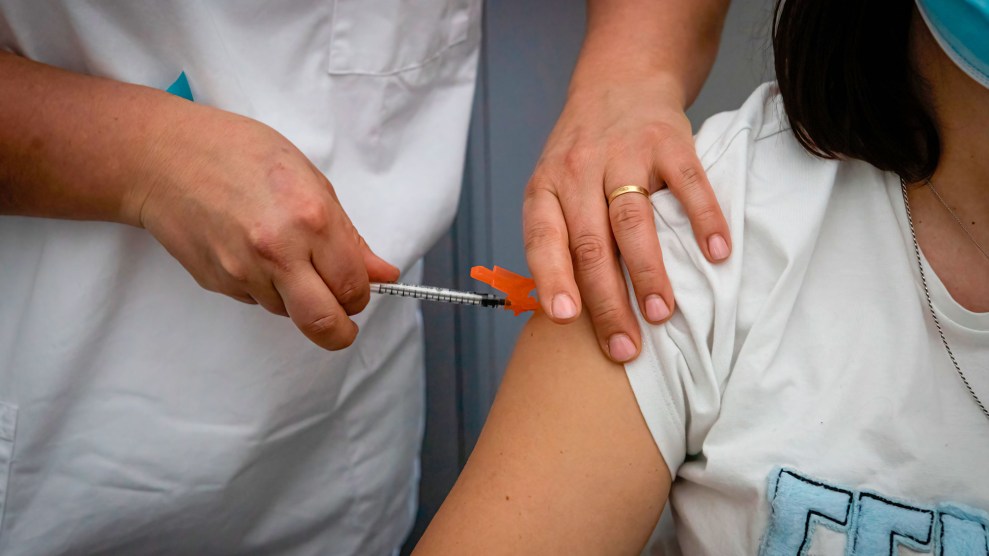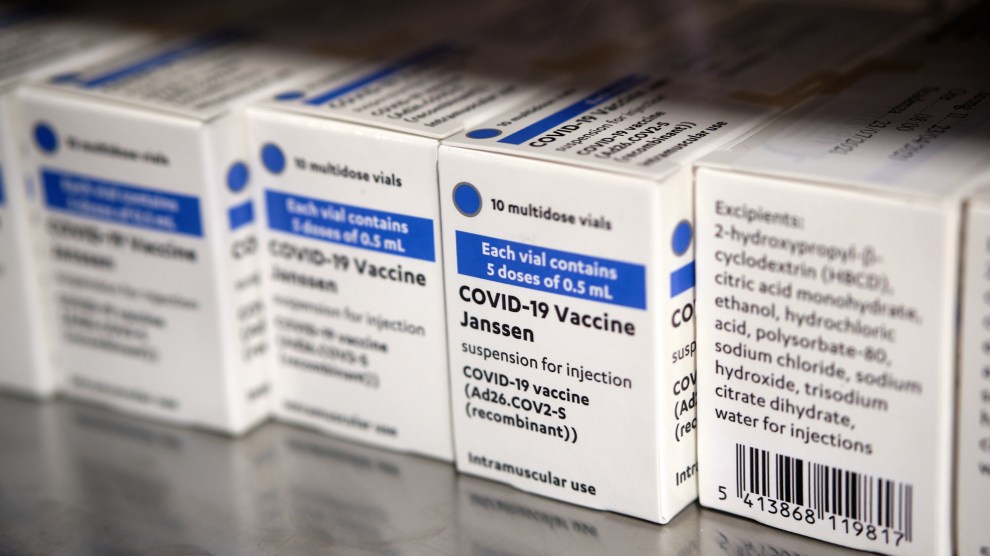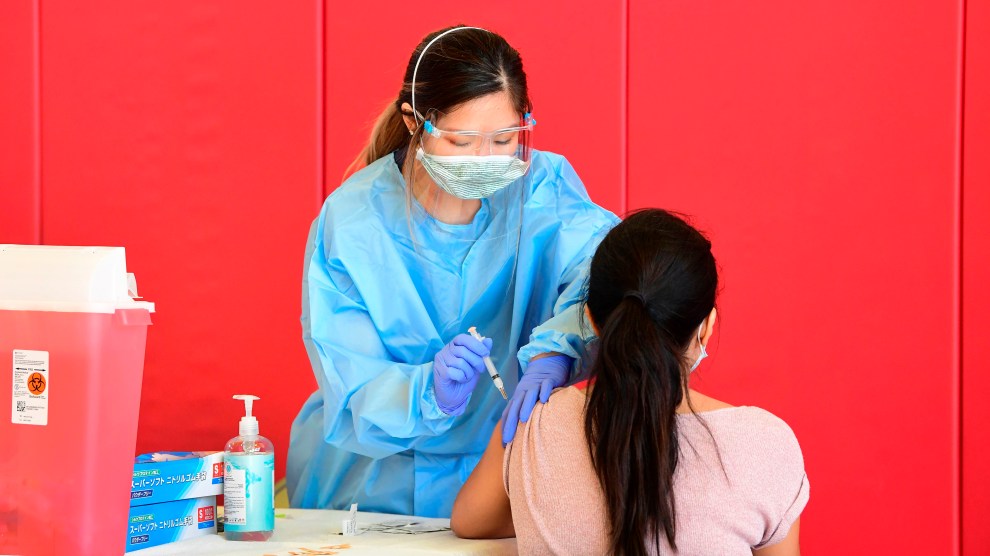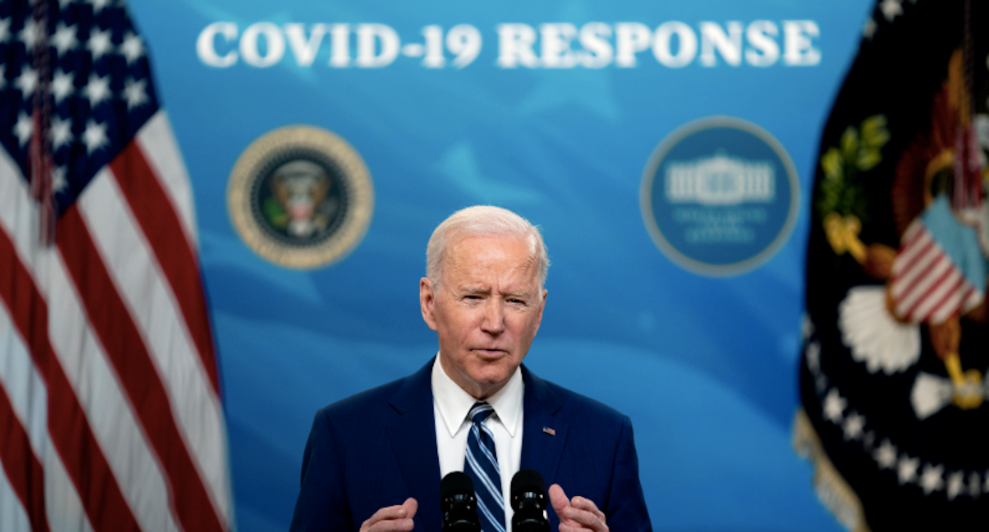
Teresa Nunes/SOPA/Zuma
I got my second shot of Pfizer yesterday, and although I did not get the jab at a particularly memorable, Only-In-New-York place—at the Javits Center, say, or Citi Field, or under the whale at the Museum of Natural History—it felt, nonetheless, quite momentous. I had a bacon, egg, and cheese on a scallion pancake to celebrate, went for a long walk, and promptly slept for 10 hours. I had been waiting for this day ever since I got my first shot, three week earlier, and I had been waiting for that day ever since I started working from home last March 15th. The side effects, for me, were annoying in a pleasant sort of way, like I’d gone for a very long run without drinking enough water. I call that “pleasant,” because I know this means it’s working.
But according to the New York Times, an alarming number of Americans have missed out on their second doses of Pfizer or Moderna:
More than five million people, or nearly 8 percent of those who got a first shot of the Pfizer or Moderna vaccines, have missed their second doses, according to the most recent data from the Centers for Disease Control and Prevention. That is more than double the rate among people who got inoculated in the first several weeks of the nationwide vaccine campaign.
The piece offers a number of reasons for why this is. There is some apprehension about the side-effects or a false sense security about much protection one shot provides. Logistical hassles inevitably arise in people’s lives—car trouble, or an issue with work or childcare, can mean the difference between making and missing a date with Moderna. And according to the Times, there’s also been another factor outside of people’s control—some people who have signed up for their second doses have been let down by the places that were supposed to provide them. For instance, “Walgreens, one of the biggest vaccine providers, sent some people who got a first shot of the Pfizer or Moderna vaccine to get their second doses at pharmacies that only had the other vaccine on hand.” Woof.
Earlier in the vaccination campaign, some experts were arguing for prioritizing first doses and delaying second doses in order to get more people some degree of resistance faster. But that was back when scheduling a vaccine appointment was still a bit like getting good seats on Ticketmaster. Right now, the United States has a ton of shots, and the benefits of two shots over one are clear. While the first shot of Pfizer and Moderna does provide some temporary protection against Covid, studies found that two shots gave a much fuller immunity, by helping the body produce a lot more antibodies and T-cells. It’s designed to be a two-part process; your body has to learn how to respond. Per The Ohio State University Medical Center:
It’s not unusual for vaccines to require back-to-back doses to be most effective. The first dose primes the immune system while the second dose induces a vigorous immune response and production of antibodies. The bottom line is that you want your immune system to produce a robust enough level of antibodies that if you’re exposed to a virus, your body can effectively fight it. Sometimes that means taking two vaccine doses.
The good news is that if you missed your second shot appointment for whatever reason, you might still have a window to fix it—although the CDC recommends getting the second shot as soon as it’s allowed, you can get it up to 42 days after the first shot, and it’s never been easier. So check with your doctor, and as always, check in on your loved ones. And if you got a shot from Johnson & Johnson, congratulations and ignore all of this—you’re good with just one.














